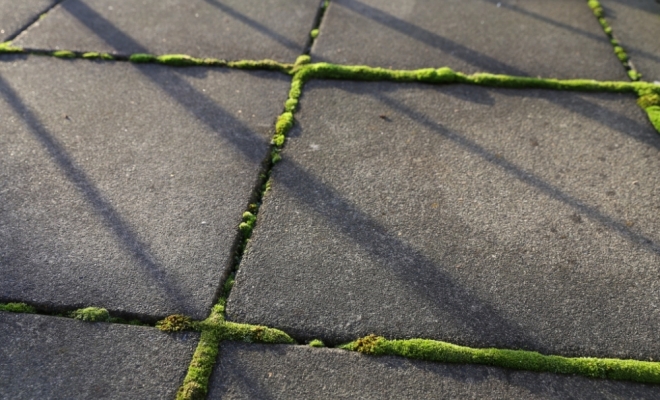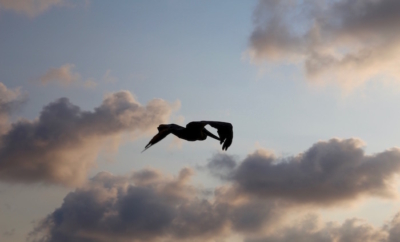
Behavioral Psychology
Good Habits Bad Habits
The existentialist views habits of all kinds with a certain level of suspicion since they make the free-willing individual take a backseat to the mechanical process of stimulus and response. Most of us want to be the captains of our own ships, to consciously decide upon our actions, to know the reasons for what we’re doing. Activities that are habit forming seem to take this freedom away from us.
But habits are an unavoidable and in fact indispensable part of human life since they are the result of a physiological system highly sensitive to inputs from the external environment, a setup that allows us to navigate our complicated world without having to stop every couple of seconds to think things through. From the behavioral point of view almost everything we do is a habit if we define a habit as a constellation of behaviors tied to and actually produced from varying levels and frequencies of reinforcements in our environment. Walking is a habit, something we learned and mastered as small children through trial and error until it became hardwired, where now putting one foot in front of the other is as natural and effortless to us as breathing.
The fact that a habit lies largely outside of conscious thought is a real boon when this habit is good for us since little psychic energy needs to be expended to produce it. After a while we don’t have to work ourselves up to the constellation of behaviors called good habits, they’re just par for the course like all our other hardwired behaviors. And of course this is exactly what hurts us when our habits are bad, they come so naturally that trying to doing anything different is like swimming against a powerful current.
In this sense we don’t retain the existential freedom to decide whether or not to have habits, habits are a given. We only retain the existential freedom to decide whether our current habits are good or bad for us, and based on this appraisal to enact any necessary changes, consciously replacing bad habits with good habits. It’s a difficult process at first but one that ends with a good habit feeling as natural and normal as a bad habit did before.




